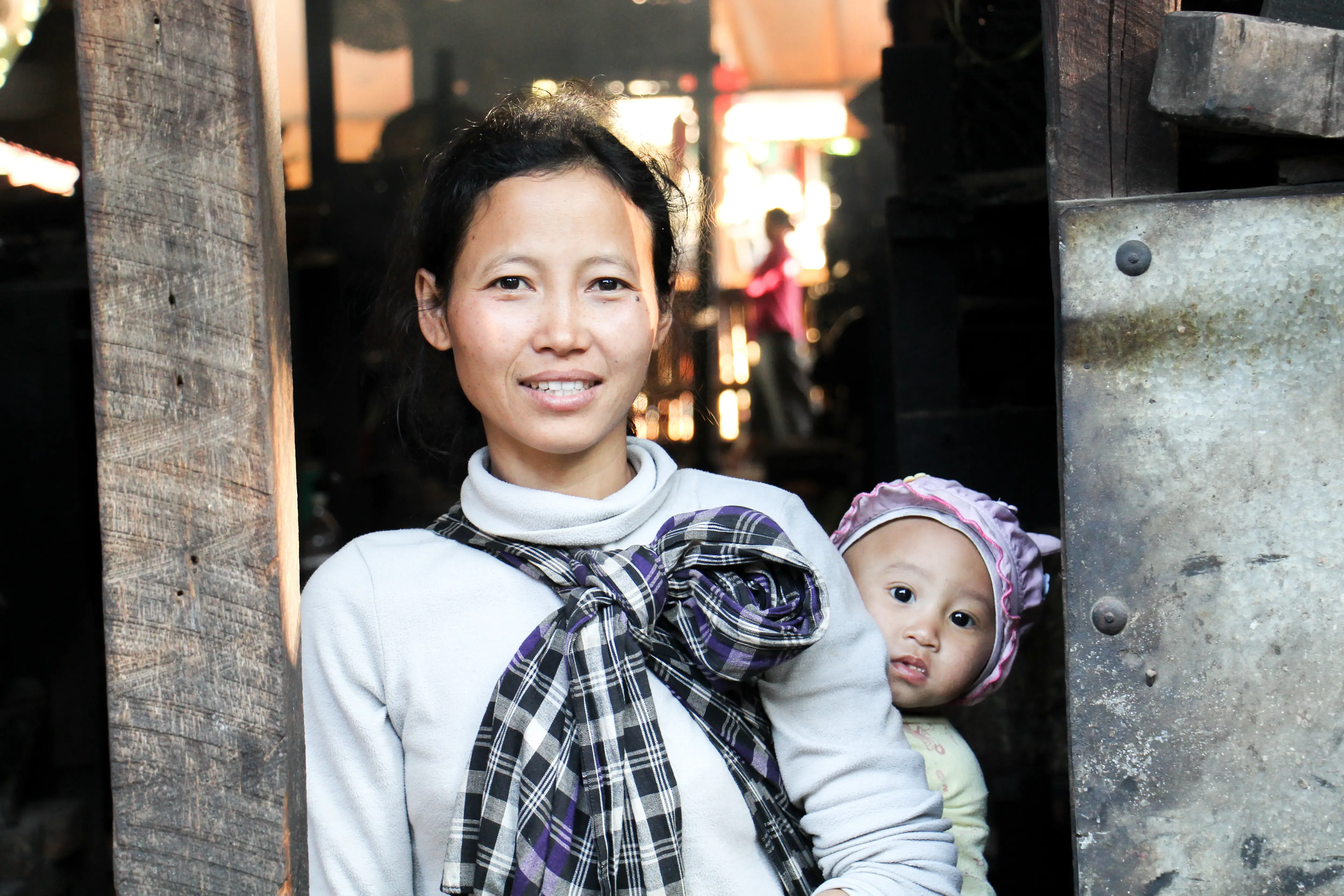Access to safe, voluntary family planning is a human right. Family planning is central to gender equality and women’s empowerment, and it is a key factor in reducing poverty. Yet in developing regions, an estimated 218 million women who want to avoid pregnancy are not using safe and effective family planning methods, for reasons ranging from lack of access to information or services to lack of support from their partners or communities. This threatens their ability to build a better future for themselves, their families and their communities. UNFPA works to support family planning by: ensuring a steady, reliable supply of quality contraceptives; strengthening national health systems; advocating for policies supportive of family planning; and gathering data to support this work. UNFPA also provides global leadership in increasing access to family planning, by convening partners – including governments – to develop evidence and policies, and by offering programmatic, technical and financial assistance to developing countries.
What is family planning?
Family planning is the information, means and methods that allow individuals to decide if and when to have children. This includes a wide range of contraceptives – including pills, implants, intrauterine devices, surgical procedures that limit fertility, and barrier methods such as condoms – as well as non-invasive methods such as the calendar method and abstinence. Family planning also includes information about how to become pregnant when it is desirable, as well as treatment of infertility.
UNFPA supports many aspects of voluntary family planning, including procuring contraceptives, training health professionals to accurately and sensitively counsel individuals about their family planning options, and promoting comprehensive sexuality education in schools. UNFPA never promotes abortion as a form of family planning. Read more


